China's recent regulatory amendment requiring parcel delivery workers to notify customers exactly where they are delivering their parcels to, has stirred a mixed reaction throughout the sector.
At the heart of the amendment, which came into effect on March 1, is that delivery workers can no longer leave packages at community delivery areas without giving customers prior notification, and instead should deliver packages directly to people's doors.
Many community delivery areas were designated in China during the COVID-19 pandemic as a way to limit person-to-person contact and reduce the spread of the virus.
Under the new regulation, couriers or companies leaving packages in community delivery areas without notifying customers in advance could face fines of up to 30,000 yuan ($4,200).
The rule aims to better protect customers' legal rights, according to a statement released by the Ministry of Transport.
The parcel delivery sector in China has grown at great speed in recent years, handling billions of deliveries annually. Last year, 132 billion packages were handled in China. More than 4,100 parcels are generated every second in the country, adding up to about 360 million each day, according to the ministry.
The volume means that an average person in China received more than 90 packages last year.
While many customers have welcomed the amendment, as it allows parcels to be delivered to their doors upon request, some have expressed confusion and annoyance, preferring the old way.
Couriers, too, have voiced complaints about the change, stating that it has created problems for them.
"Couriers now phone me in advance and I tell them to send the parcels to my door if I am home," said a resident surnamed Lu from Chengdu in Sichuan province, adding that some couriers left her packages in the community delivery area in the past.
"I buy things online a lot and receive parcels almost every day. Sometimes I forget what I've bought and the parcels remain in the delivery area for a long time. Now that everything is delivered to my door directly it's more convenient," she said.
However, the 34-year-old also said the countless phone calls from couriers have become bothersome.
Since March, Hou Qingjuan of Liaocheng in Shandong province has received numerous phone calls from couriers, notifying her that her parcels have been left at the community delivery area.
"I prefer the old way so that I'm not getting called all the time," she said.
Some customers, while acknowledging the change, have expressed empathy for couriers.
A resident surnamed Guo in Zhangzhou, Fujian province, said she recently began receiving phone calls from couriers notifying her of the arrival of her parcels.
"It takes much more effort for couriers to deliver parcels to every doorstep, and the delivery fee is low," she said, adding that she appreciates the couriers who ensure fresh products are delivered to her door directly instead of being left in the community delivery area.
"I'm actually willing to pay more for the extra effort," she said.
Guo said she'd prefer couriers deliver parcels to her parents' door too, instead of placing them in the community area, as her parents are older and live in a building without an elevator.
However, not all customers have noticed the change, with some saying that couriers still place packages in the community delivery area without calling.
Chongqing resident Fan Jin said that most of her parcels are still delivered to community shelves and lockers, and she prefers it that way.
"I live alone and order a lot of stuff online. Most of the time, I leave a vague address for safety concerns, and couriers usually leave the packages on the shelves downstairs. They don't know my apartment number," she said.
If she orders some heavy or fresh goods, she usually chooses more bespoke parcel delivery options such as SF Express and JD Express, which are known for ensuring deliveries arrive at the doorstep.
For some couriers, the amendment has created more stress.
Xia Guangbiao, a courier in Xiamen, Fujian province, said his challenges include meeting customer demands, unreasonable requests, communication problems and low pay.
"Since the adoption of the new amendment, there are more customers requiring us to deliver parcels to their doorstep instead of leaving them on the shelves, and we willingly do what that want most of the time," he said. "But some requirements are unreasonable. For instance, a customer required us to deliver eight bags of construction materials weighing a total of 200 kilograms to his home recently. In our region of delivery, cars or motorcycles are prohibited. We had to rent a trolley to deliver the bags, and it cost about 60 yuan. What we earned for delivering the bags in total was less than 20 yuan.
"Some clients also don't answer their phones, and telecommunication companies have even banned our numbers if we make too many phone calls, which makes us unable to do our job if we have to call customers before making every delivery," Xia said.
With the stratospheric rise of e-commerce in recent years, the demands placed upon delivery workers have increased accordingly.
Xia said he and his colleagues have discussed with their delivery companies about adding more people to deliver parcels and also about raising their wages.
He added that many couriers say they are on the brink of quitting their jobs because they think the pay is "worthless".
The rate of pay in the parcel delivery sector ranges from around a high of 2 yuan per parcel delivered, to as little as 0.5 yuan per parcel.
Many couriers have expressed their frustrations online, with some saying they are considering leaving their jobs due to the perceived trivialization and devaluation of their work under the latest regulation.
China launched a guideline to better regulate the parcel delivery sector in 2008 with a revision coming in 2013, which played an important role in strengthening the management of the express delivery market and promoting the healthy development of the industry, according to the State Post Bureau of China, the sector's regulator.
"The newly amended regulation is an add-on from 2013, " said Ding Hongtao, director of the legal affairs department at the China Express Association.
He noted that the regulation aims to ensure the quality and safety of express delivery services, safeguard the legitimate rights and interests of users, express delivery practitioners, and enterprises engaged in parcel delivery operations, and promote the industry's healthy development.
According to the national bureau, 443 million parcels were collected and delivered in China between March 1 to 14, a year-on-year increase of 16.3 percent.
"From the perspective of delivery volume, the overall operation of the industry is stable," Ding said.
Zhao Guojun, director of the postal development research center at Beijing University of Posts and Telecommunications, said the new regulation has sparked controversy due to misunderstandings and misinterpretations from various parties.
"With its close relationship to everyday life, any changes within the sector attract substantial attention," Zhao said.
"The introduction and interpretation of new regulations should be approached from exploring optimal solutions based on the principles of equality and mutual benefit for all parties involved," she said.
"The emphasis of the new regulations is on fostering a spirit of negotiation among couriers, companies and customers, with a focus on reaching consensus based on various circumstances," she added.
For customers, a courier is expected to know their needs. So it is not necessary to always call and inquire about how to make the delivery for every package.
"If clients and couriers have tacitly agreed to leave packages at a designated location, maintaining the existing communication status is sufficient. If there are additional new requirements from either party, they can renegotiate and reach a mutual agreement," she said.
"Due to misunderstandings of the new regulations, some delivery companies and clients have interpreted this provision from only one perspective — insisting on door-to-door delivery.
However, the unsustainable practice of unconditionally meeting clients' door-to-door delivery demands without considering costs is not viable," Zhao said.
She stressed the importance of balancing the interests of all parties involved in the delivery industry, including delivery companies, couriers, customers and upstream entities in the industry chain.
"Sustainable development for all parties is essential to create a mutually beneficial ecosystem within the industry," she said.
Zhao noted the new rule is necessary to standardize service behaviors and strengthen market order.
"The regulation has comprehensively arranged institutional measures for various entities in order to promote and drive the industry toward standardized and high-quality development," she said.
Ding from the China Express Association agreed. "Parcel delivery service is a civil performance act. Whether it is door-to-door delivery or delivery to a designated station or intelligent parcel locker, as long as the express delivery company and the user have reached a consensus, it is acceptable," he said.
He reassured that the new regulation does not require mandatory door-to-door delivery.
"It (the amendment) is aimed at solving the frequent unauthorized delivery of parcels to express delivery stations or intelligent parcel lockers without customers' consent. It requires express delivery companies to enhance their performance awareness, deliver according to the agreed method, and obtain customers' consent before placing the parcel in the locker or station," Ding said.
He also noted that obtaining consent can be achieved through various methods, not just phone calls, but also with pre-confirmation options, such as text messages and intelligent voice calls.
Parcel delivery companies are taking steps to ensure compliance with the latest regulation and to provide necessary training for their employees.
ZTO Express, one of the major parcel delivery companies in China, said the company will implement the requirements of the new regulation, safeguarding the legitimate rights and interests of front-line employees.
"According to the new regulation, ZTO will provide delivery services according to customers' needs, and those requiring door-to-door delivery will receive such service," the company said in a statement.
YTO Express, another major parcel delivery company, said it attaches great importance to the new regulation and has organized training sessions within the company to ensure employees' deeper understanding of the rule.











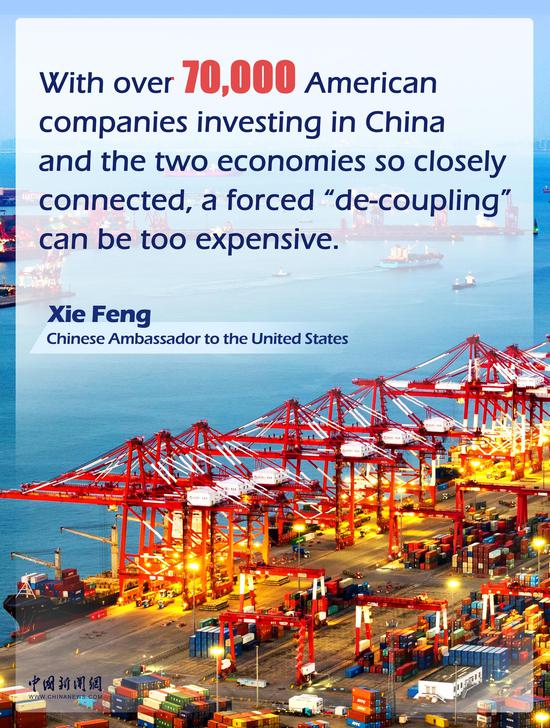

















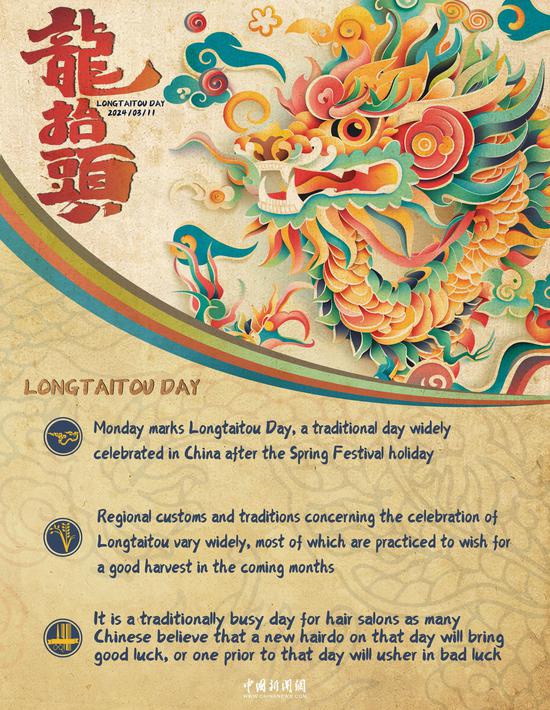


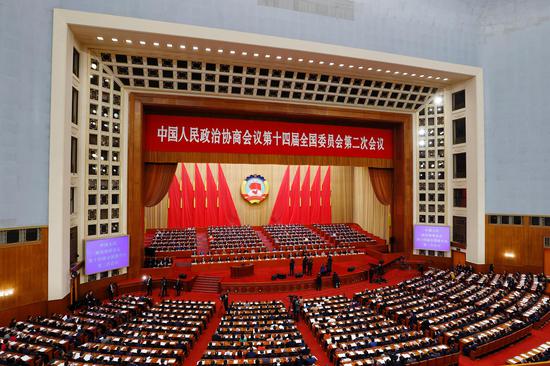



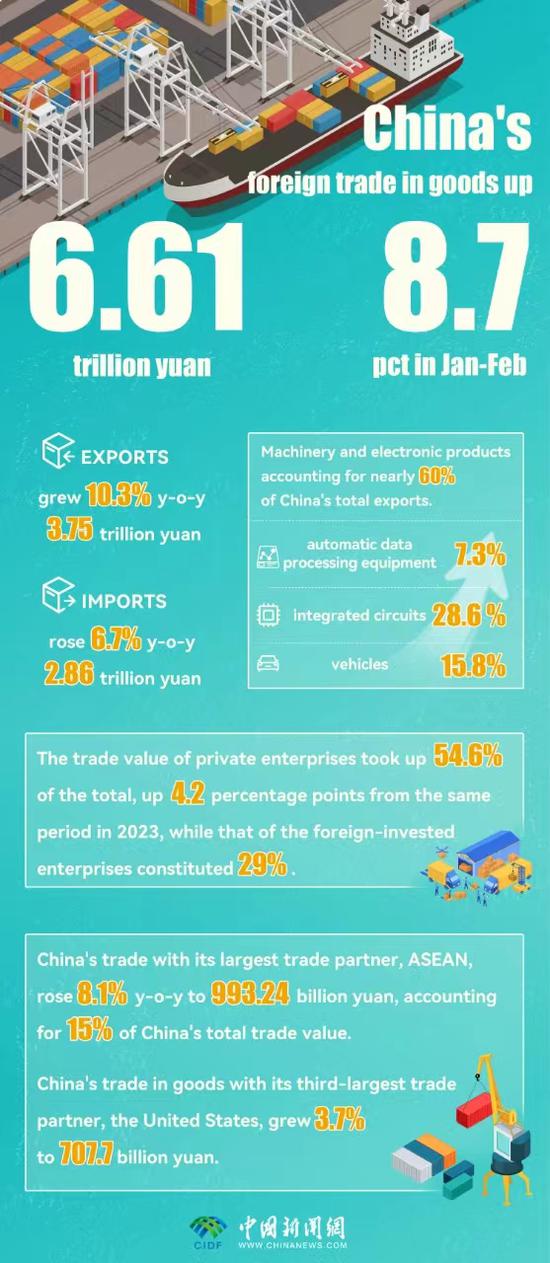

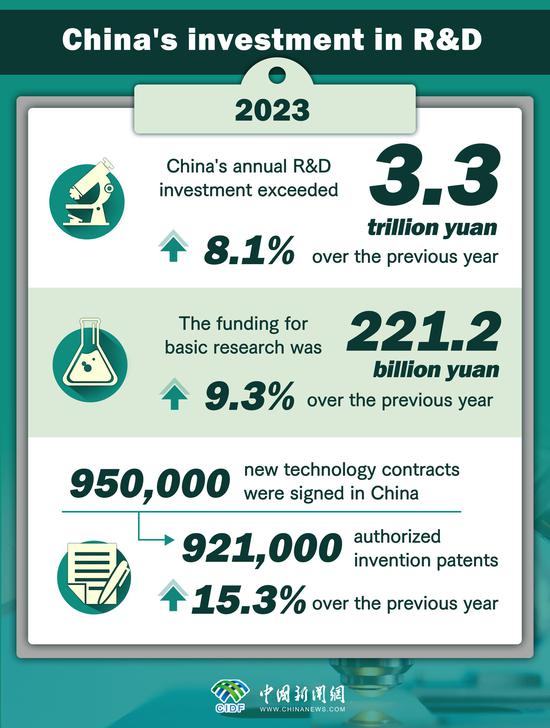

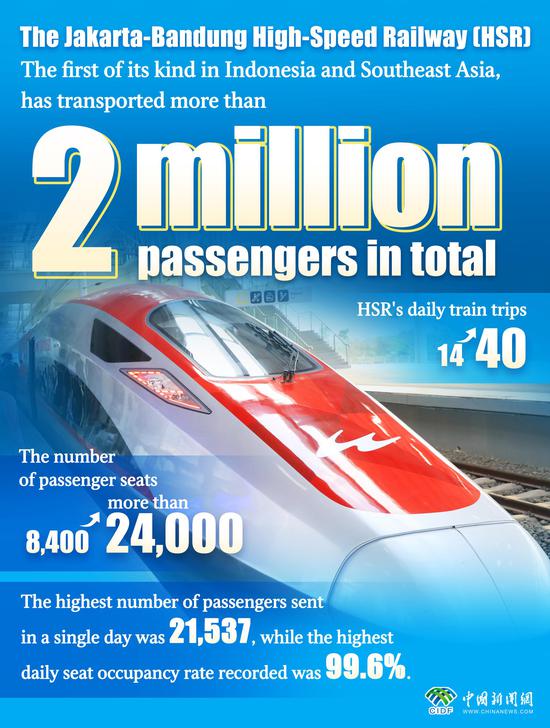









 京公网安备 11010202009201号
京公网安备 11010202009201号